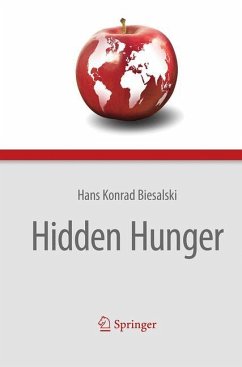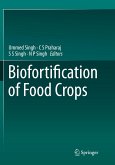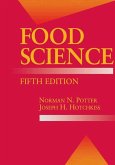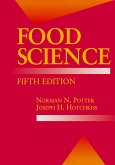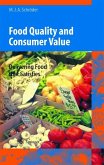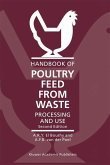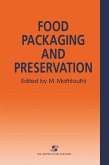Hidden Hunger is an increasing problem even in developed countries, whose potential negative consequences on long-term health are often overlooked and underestimated. Chronic malnutrition is at the core of the global hunger challenge facing science, politics, and economics. In plain language and with moving examples, Hans K. Biesalski describes how hidden hunger affects human health long before malnutrition becomes obvious. Worldwide, over one third of deaths among children under 5 years of age is associated with malnutrition. As poverty is the main reason for hidden hunger, addressing this dire challenge requires long-term policies. Land grabbing and climate change seriously counteract a lot of efforts to overcome hidden hunger. This book is a highly impressive call to action. Investment in agriculture and in particular in small-scale farmers to improve subsistence farming are among the approaches suggested to reach a sustainable solution.
The author is head of the department of biochemistry and nutrition and managing director of the Food Security Center at the University of Hohenheim, Germany. He is a member of numerous advisory and expert groups for the World Health Organization (WHO), the Food and Agriculture Organization (FAO) and the Global Forum on Food Security and Nutrition.
The author is head of the department of biochemistry and nutrition and managing director of the Food Security Center at the University of Hohenheim, Germany. He is a member of numerous advisory and expert groups for the World Health Organization (WHO), the Food and Agriculture Organization (FAO) and the Global Forum on Food Security and Nutrition.
From the reviews:
"The book resembles a text, synthesizing hundreds of studies and sources with a blizzard of lists, outlines, boxes, charts, tables, statistics, and acronyms as it moves from a definition of the problem to an analysis of the causes and finally to strategies and solutions. ... this volume could be a useful reference and bibliographic resource for professionals and researchers concerned with nutrition in developing countries. Summing Up: Recommended. Graduate, research, and professional collections." (R. R. Wilk, Choice, Vol. 51 (2), October, 2013)
"This book highlights the current hunger situation, causes, and strategies to combat it. ... the book aims to enlighten readers about hunger and the steps being taken to increase food security. ... The book is intended for any interested readers. ... it aims to attract a broad audience who will feel inspired to take action to aid in eradicating hunger. ... This is interesting reading. It may be most appropriate for policy makers to help them understand the tremendous impact hunger has on society." (Amy Hess-Fischl, Doody's Book Reviews, July, 2013)
"The book resembles a text, synthesizing hundreds of studies and sources with a blizzard of lists, outlines, boxes, charts, tables, statistics, and acronyms as it moves from a definition of the problem to an analysis of the causes and finally to strategies and solutions. ... this volume could be a useful reference and bibliographic resource for professionals and researchers concerned with nutrition in developing countries. Summing Up: Recommended. Graduate, research, and professional collections." (R. R. Wilk, Choice, Vol. 51 (2), October, 2013)
"This book highlights the current hunger situation, causes, and strategies to combat it. ... the book aims to enlighten readers about hunger and the steps being taken to increase food security. ... The book is intended for any interested readers. ... it aims to attract a broad audience who will feel inspired to take action to aid in eradicating hunger. ... This is interesting reading. It may be most appropriate for policy makers to help them understand the tremendous impact hunger has on society." (Amy Hess-Fischl, Doody's Book Reviews, July, 2013)

